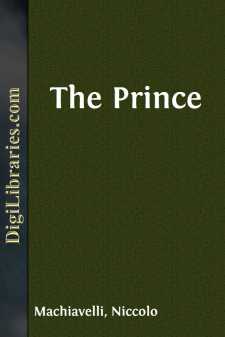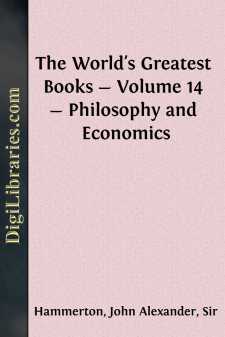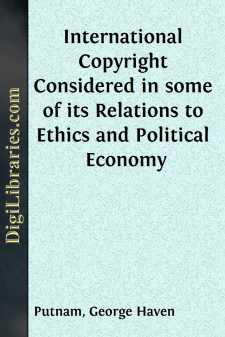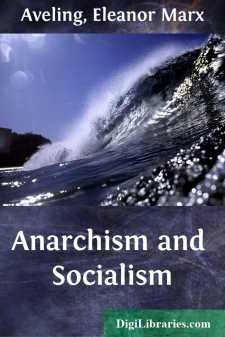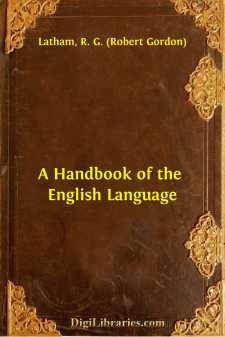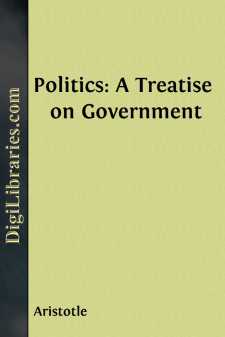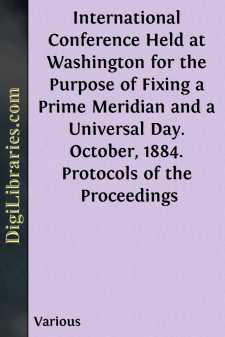Categories
- Antiques & Collectibles 13
- Architecture 36
- Art 48
- Bibles 22
- Biography & Autobiography 813
- Body, Mind & Spirit 142
- Business & Economics 28
- Children's Books 17
- Children's Fiction 14
- Computers 4
- Cooking 94
- Crafts & Hobbies 4
- Drama 346
- Education 46
- Family & Relationships 57
- Fiction 11829
- Games 19
- Gardening 17
- Health & Fitness 34
- History 1377
- House & Home 1
- Humor 147
- Juvenile Fiction 1873
- Juvenile Nonfiction 202
- Language Arts & Disciplines 88
- Law 16
- Literary Collections 686
- Literary Criticism 179
- Mathematics 13
- Medical 41
- Music 40
- Nature 179
- Non-Classifiable 1768
- Performing Arts 7
- Periodicals 1453
- Philosophy 64
- Photography 2
- Poetry 896
- Political Science 203
- Psychology 42
- Reference 154
- Religion 513
- Science 126
- Self-Help 84
- Social Science 81
- Sports & Recreation 34
- Study Aids 3
- Technology & Engineering 59
- Transportation 23
- Travel 463
- True Crime 29
In the World War
Description:
Excerpt
CHAPTER I
INTRODUCTORY REFLECTIONS
The bursting of a thunderstorm is preceded by certain definite phenomena in the atmosphere. The electric currents separate, and the storm is the result of atmospheric tension which can no longer be repressed. Whether or no we become aware of these happenings through outward signs, whether the clouds appear to us more or less threatening, nothing can alter the fact that the electric tension is bound to make itself felt before the storm bursts.
For years the political barometer of the European Ministries of Foreign Affairs had stood at "storm." It rose periodically, to fall again; it varied—naturally; but for years everything had pointed to the fact that the peace of the world was in danger.
The obvious beginnings of this European tension date back several years: to the time of Edward VII. On the one hand England's dread of the gigantic growth of Germany; on the other hand Berlin's politics, which had become a terror to the dwellers by the Thames; the belief that the idea of acquiring the dominion of the world had taken root in Berlin. These fears, partly due merely to envy and jealousy, but partly due also to a positive anxiety concerning existence; these fears led to the encircling policy of Edward VII., and thus was started the great drive against Germany. It is well known that Edward VII. made an attempt to exercise a direct influence on the Emperor Francis Joseph to induce him to secede from the Alliance and join the Powers encircling Germany. It is likewise known that the Emperor Francis Joseph rejected the proposal, and that this decided the fate of Austria-Hungary. From that day we were no longer the independent masters of our destiny. Our fate was linked to that of Germany; without being conscious of it, we were carried away by Germany through the Alliance.
I do not mean absolutely to deny that, during the years preceding war, it would still have been possible for Germany to avert it if she had eradicated from European public opinion all suspicion respecting her dream of world dominion, for far be it from me to assert that the Western Powers were eager for war. On the contrary, it is my firm conviction that the leading statesmen of the Western Powers viewed the situation as such, that if they did not succeed in defeating Germany, the unavoidable result would be a German world domination. I mention the Western Powers, for I believe that a strong military party in Russia, which had as chief the Grand Duke Nicholas, thought otherwise, and began this war with satisfaction. The terrible tragedy of this, the greatest misfortune of all time—and such is this war—lies in the fact that nobody responsible willed it; it arose out of a situation created first by a Serbian assassin and then by some Russian generals keen on war, while the events that ensued took the monarchs and statesmen completely by surprise. The Entente group of Powers is as much to blame as we are. As regards this, however, a very considerable difference must be made between the enemy states....



